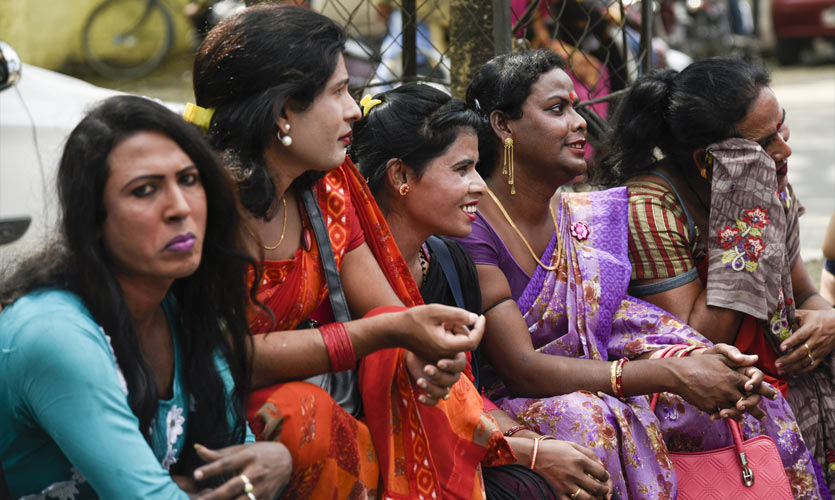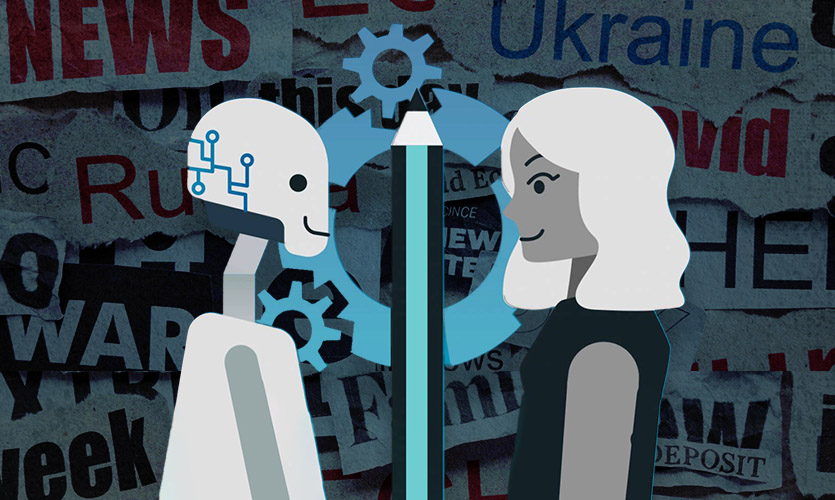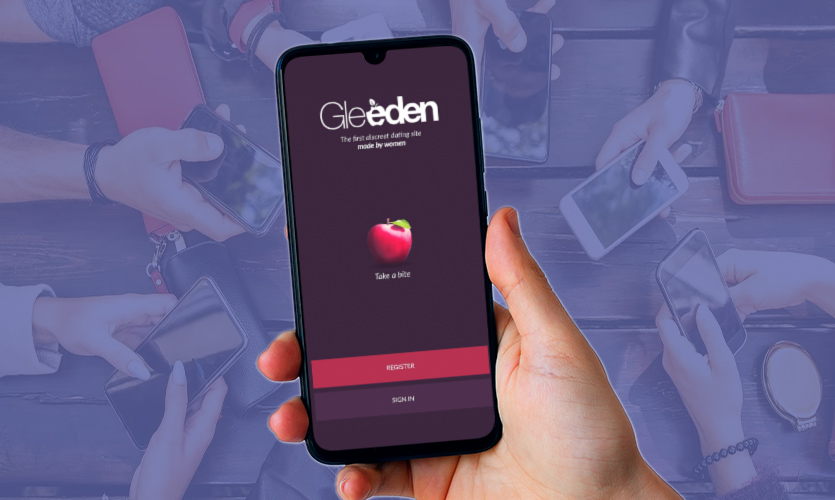Tamil Nadu’s CM M.K Stalin on June 3 promised to offer a relief amount of Rs. 2,000 to transgenders who do not possess ration cards, but had registered with the welfare board for third gender. This was done in light of several formal requests made by the trans community. This was done after a synonymous PIL was filed by transgender torch bearer Grace Banu in May. It called for providing COVID relief funds for transpersons, as most of them didn’t even have ration cards.
India’s pellucid austerity in streaming out aids and assistance to the transgenders might not be on the foreground of gratification but is reflected through keen welfare steps.
However, in 2021, the most elementary form of identification not being owned by trans people, scrutinises a lot of shortcomings of the Indian system.
Challenging road ahead
Speaking to Sparrow News, Rani, the leader of the trans union in Kanpur says, “The government has no proper welfare schemes for us. Even getting a gas connection is challenging.” India is home to almost five lakh transgenders. During the ongoing vaccination drives only 20,269 people of this community were vaccinated. This number merely stands in front of the whooping 7.6 crore men and 6.8 crore women vaccinated in the same time period. “Trans people don’t have proper documents and we don’t know how to get ourselves registered. We don’t know where to get vaccinated. Nobody guides us”, explains Rani.
Data suggests that most of the transgender have not even been claimed in the total population of the community. Karnataka, which is home to 50,000 trans people as per the Social Welfare Department, claims to have only 11,449 trans people in the state.
Read more: Govt. sets up shelter homes for trans community
Speaking on the matter, Dr. Garima Dutt, a psychologist for trans people in Lucknow, elaborates, “(The) notion towards heternormative genders is usually that of ignorance and taboo. I counsel many people from the community who face the most basic challenges like buying rice through government schemes. Sometimes to get a government ID, they choose either male or female gender instead of the ‘other’ category.”
The backlashes faced by the third gender persons don’t end here. While the Transgender Persons (Protection of Rights) Act of 2019 might have brought some relief, this transient easement has its arms shackled within the gazettes of the government.
In reality, the fact that the transgenders are not recognised as heteronumerative genders, finding welfare through any government schemes is difficult. The distribution of rights has been unequal rather than equity based.
In a ruling of 2014, NALSA vs the Union of India, the Supreme Court had ordered the central government to consider trans genders as OBC and provide them reservation in government jobs and educational institutions. “It’s difficult for a trans person to get a respectable job in society”, adds Dr. Garima. Not only this the basic right of education has also been scraped off, unofficially and silently.
The pandemic has caused the froth of these shortcomings to float over the society’s privileges. There are absolutely no civil rights left. Whether it may be marriage or social security, trans genders still stand in the no man’s land.
Pandemic has crushed India’s transgenders
The trans community has greatly suffer the most during the pandemic are the ones from the trans community. According to a survey done by Chennai Corporation, nearly 50 per cent of the trans families didn’t have ration cards and more than 82 per cent didn’t have any access to medical insurance. “Availing any service in government hospitals requires documentation. Majority people don’t have any. Before starting a scheme the authorities should voluntarily make sure to provide basic identification”, adds Dr. Garima.
Read more: Here’s why we need the same sex marriage act
Both urban and homeless have crippled financially and mentally. And, the finance aspect is more to be focused upon as the major sources of income for trans people have been socially recreational activities. A lack of allotted funds for the community and dearth of charitable trusts fuel their grievances.
“Schemes are still not reaching us”, says Rani. Well structured beneficial schemes exist, but there’s no one to avail.
Hopeful trans community
“We still believe that our community will soon face no discrimination in any form”, remarks Rani. There might be certain shortcomings on the authoritarian part but few state governments and authorities have done their bit.
Assam recently started a special drive for COVID-19 vaccination for transgenders. It was the only state to do so until Indore, Noida and Ghaziabad joined in. The ministry of social justice and empowerment has also announced to provide Rs.1,500 to trans people severely impacted during the second wave.
Implementing laws won’t bring a change. Providing rights, equal welfare and equity based social benefits before sanctioning official laws is what our nation currently needs.
But a question still stands unanswered: How will the trans people avail relief funds when 80 per cent don’t have any documentation?










